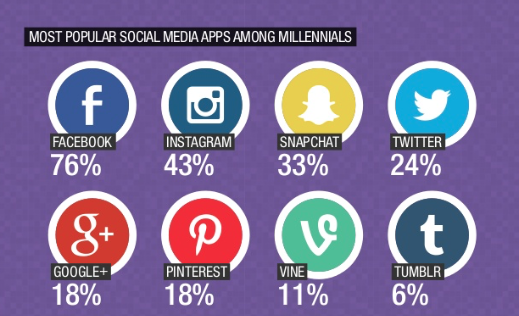By Adela Penagos, PhD, President
I remember sitting in my office at Notre Dame in 2004 when a student invited me to join Facebook. I thought it was a great way to keep connected with anyone who was engaged with my office, which was housed under the division of student services. At the time, Facebook was not public. In 2008, I deleted my account completely by carefully following directions in Wikihow because the posts I read in this forum puzzled me. My “friends” would share very private information from phone numbers and dorm addresses to compromising pictures and details about their late evening outings. It was not until I got more involved in university administration, both working as an admissions officer to overseeing cases of academic dishonesty and misconduct at Notre Dame and Harvard, that I witnessed first-hand how social media could negatively impact peoples’ futures.
Anything we say or is attributed to us in social media has repercussions in our lives. Although we tend to forget, our communication, verbal and non-verbal, is always directed to an audience. So how can we avoid having the fate of the Harvard students whose offer of admissions was rescinded; force our university to close down, as Trinity College had to do recently due to a faculty’s discussion on social media; or lose our job because of Yelp reviews, as it happened to Pierson’s College Dean at Yale in the last few days?
1. Email Messages
a. When used to communicate with admissions counselors or a hiring manager, they become part of your application. Thus, each greeting and word must be carefully selected.
b. These messages are easily forwarded to others. As a result, before you know it anyone can become part of your “conversation”, even when unintended.
c. When using your school’s email address do not forget that your school owns every message that goes in and out of its server. Hence, the administration has the right to access your school’s account at any time.
d. Make your messages clear and succinct and only write what you want others to know about you, in the event they end up being forwarded.
2. Other social media accounts
a. Images can speak louder than words. Make sure to delete any compromising photos, even when you think that what they are capturing is a legal activity in the US or abroad.
b. Check your settings periodically to ensure that you have control of tagging. You do not want to end up in pictures or conversations that will pose a risk to your future endeavors.
c. Avoid using any language that could offend another person, even when unintended (this includes posting an online review about a product or a service).
d. Do not inflate your accolades or credentials in any account.
slideshare.net
Before you apply to college, graduate programs, or a new job this fall, I encourage you to do “summer cleaning” of all your social media accounts. Start by googling yourself to get a sense of what information is out there about you; this will allow you to gain control of your social media presence. Additionally, delete anything on your accounts that could hinder your future plans.
As a general practice, remember that unless you are writing something in your private journal and keep it locked at all times, your communication is always directed to someone and can become known by anyone with one click. As a result, there is a high chance that it could be misunderstood if you do not handle it with care.



